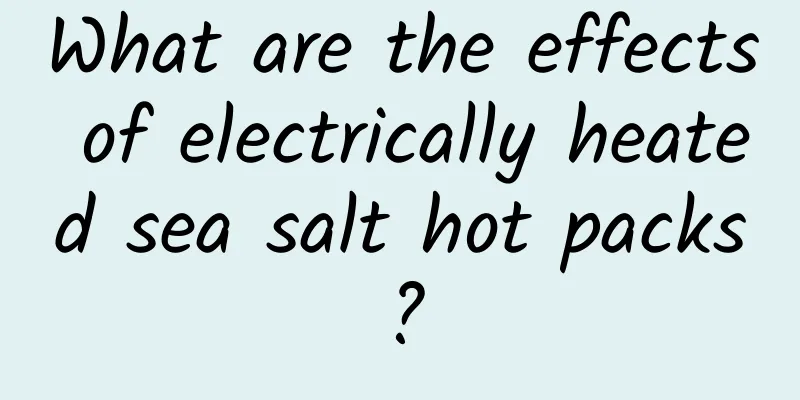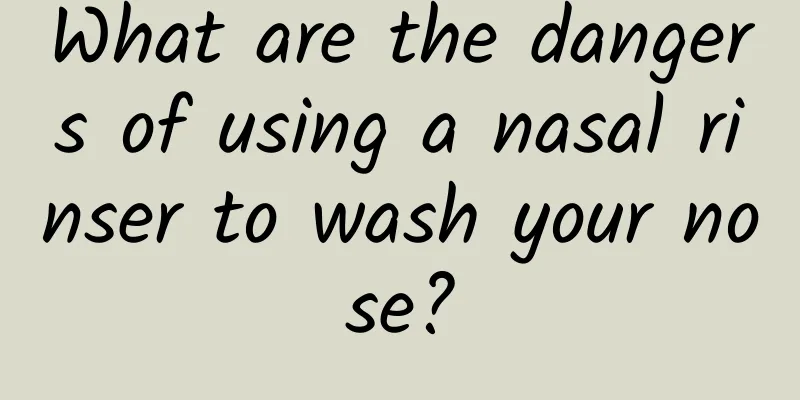Treatment of hypoglycemia

|
The phenomenon of hypoglycemia has become very common. Many people suffer from hypoglycemia, especially many female friends. There are also some symptoms of hypoglycemia, the most common ones are dizziness, palpitations, shivering, sweating, rapid heartbeat, anxiety, and sometimes severe hunger. Generally, mild hypoglycemia has little effect on us, but if it is severe, it will have a big impact. Everyone should pay attention to the treatment of hypoglycemia. Hypoglycemia should be very common in our daily lives. This situation, like hyperglycemia, should arouse our attention. We should be able to understand the treatment of hypoglycemia in time. If it is not treated, it will develop from mild hypoglycemia to severe hypoglycemia, which will cause serious harm to our body. Moderate hypoglycemia If your symptoms are severe and last a long time, you may be experiencing a moderate episode of hypoglycemia. Because you may also have some confusion or reduced judgment, you may need help with your treatment. You may even become belligerent and refuse treatment. If you have hypoglycemia, be sure those around you know what to do. If you have eaten a sugary snack (10-15g), you should retest your blood sugar after 15 minutes. If you don't cooperate and refuse to eat any sugary snacks, you may need a shot of glucagon, a hormone that causes the liver to release glucose and stop releasing insulin. Severe hypoglycemia If the above treatments don't work, or if it takes a long time to treat hypoglycemia, you may need to ask someone else for help. It is important to make sure these people know what to do during an episode of severe hypoglycemia. If you have severe hypoglycemia, you may refuse help, may not be able to swallow, or may lose consciousness. In such cases, intravenous glucose or an injection of glucagon is often needed. If these medicines are not available, tell your helper to put glucose gel between your cheek and gums. If you are experiencing severe hypoglycemia and a healthcare provider is with you, you will be given glucose intravenously. You will generally be given an injection of 10 to 25 grams of glucose in the form of a 50% dextrose solution (dextrose is the purest form of glucose for human use). Inject within 1 to 3 minutes. After that, glucose will be dripped intravenously at a rate of 5 to 10 g/h until you have fully recovered and can eat. If you cannot get emergency medical help right away (which is often the case), you should be given a glucagon injection. If you are prone to hypoglycemia, always have glucagon on hand. Be sure that people around you—your parent, spouse, older child, sibling, roommate, friend, classmate, or teacher—know how to prepare, inhale, and use glucagon, and know when it must be given. Ask your doctor if you need glucagon. And ask your doctor to teach you and your helper how to use it. The glucagon kit contains a syringe with diluent and a vial of powdered glucagon. The powder and diluent should be mixed before injection. The box contains instructions for mixing and injecting glucagon. When you need to use it, be sure to read the instructions carefully with the person who helps you inject glucagon. The instructions are not difficult, but it is hard for the person helping you to concentrate on learning how to use it when you need help, so it is best to practice beforehand! Glucagon is injected in the same way as insulin. Choose an area with lots of fatty tissue, such as your upper thighs, backs of your arms, abdomen, or buttocks. Be sure to clean your hands and the injection site and keep them dry. Insert the needle slowly into the skin fold pinched between the thumb and index finger, and push the needle straight down into the skin. Push the plunger of the syringe in to inject the glucagon, then withdraw the needle straight out. You may need to apply pressure with a cotton ball to the needle hole to prevent bleeding. If you have hypoglycemia in normal times, you must be able to find the reasons in time and take measures in time. Some people have symptoms of hypoglycemia occasionally, but they still need to be treated in time. If the symptoms of hypoglycemia are severe, it will affect your normal life. Therefore, everyone should pay attention to the treatment of hypoglycemia. |
Recommend
What is the cause of acne on the face
There are many reasons for facial acne, including...
What to do if hemorrhoids itch? There are ways to relieve itching
Hemorrhoids are a very common disease. The sympto...
Pain under the left rib cage
We all know that the human chest area has the fiv...
Which part of the body does the forehead correspond to?
Generally speaking, people's foreheads can al...
What to do if your child has a hoarse throat? There are ways to relieve hoarseness
Because babies are in a stage of rapid growth and...
How to Detoxify Drug Allergy
When people go for an infusion, the doctor will a...
Differences between Scutellaria baicalensis and Astragalus membranaceus
Although there is only one difference between Ast...
How to treat pharyngitis
Pharyngitis is a relatively common disease. After...
Pain in one breast during breastfeeding
The breasts of women during breastfeeding are a v...
What to do if you have stomachache and sweating
If the stomach pain is severe, it will often caus...
Right lower abdominal pain in early pregnancy, find the cause and relieve the pain
For a couple, pregnancy may be the most important...
What to do if there are too many toxins in the body
We all know that if there are too many toxins acc...
What to do if your tooth hurts when you eat hot or cold food
I remember there was a toothpaste advertisement t...
When I walk, my throat and chest feel uncomfortable.
Many people experience discomfort in the throat a...
Home remedies to reduce eye pressure
When the pressure behind the eye is too high, it ...









